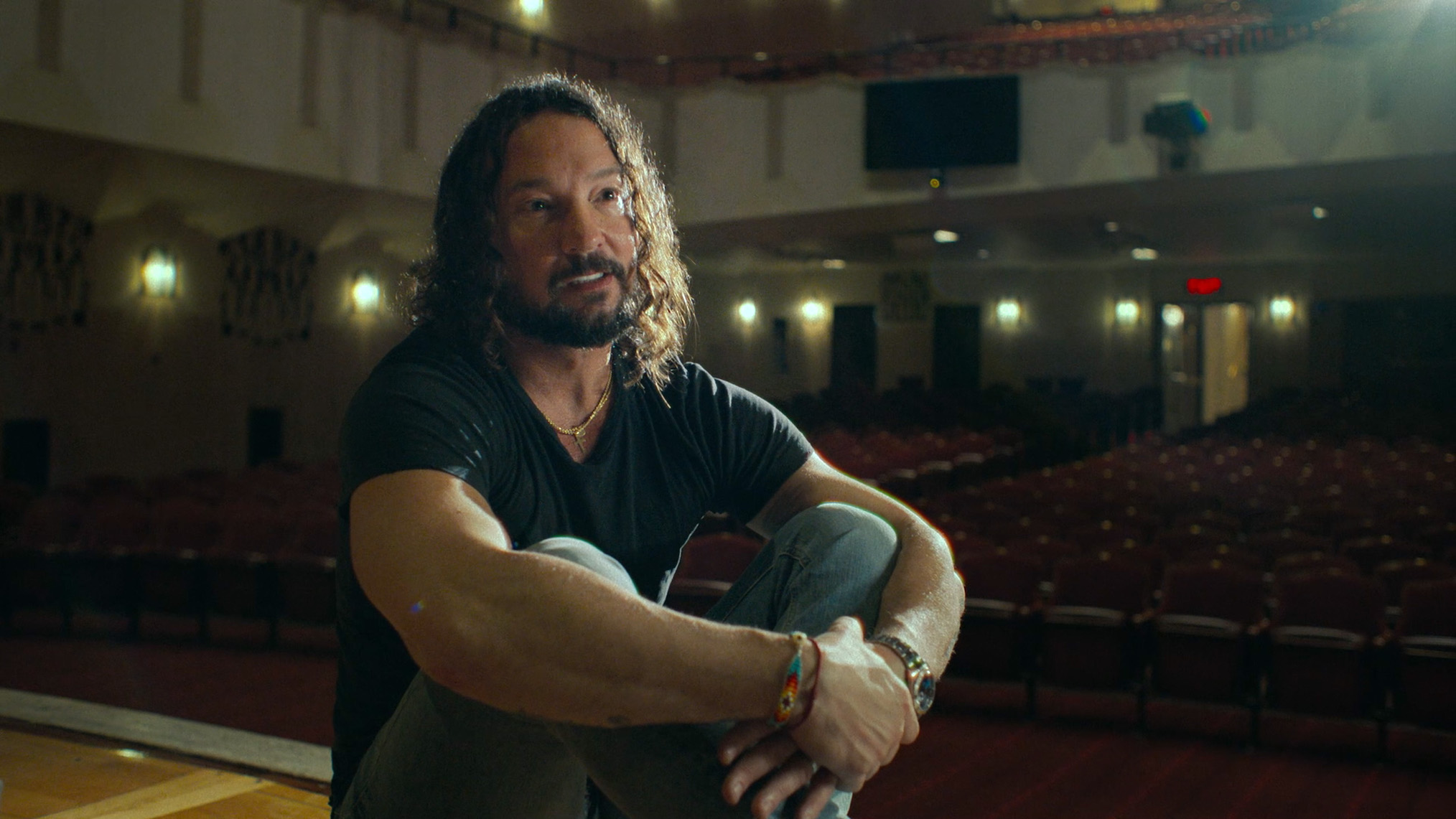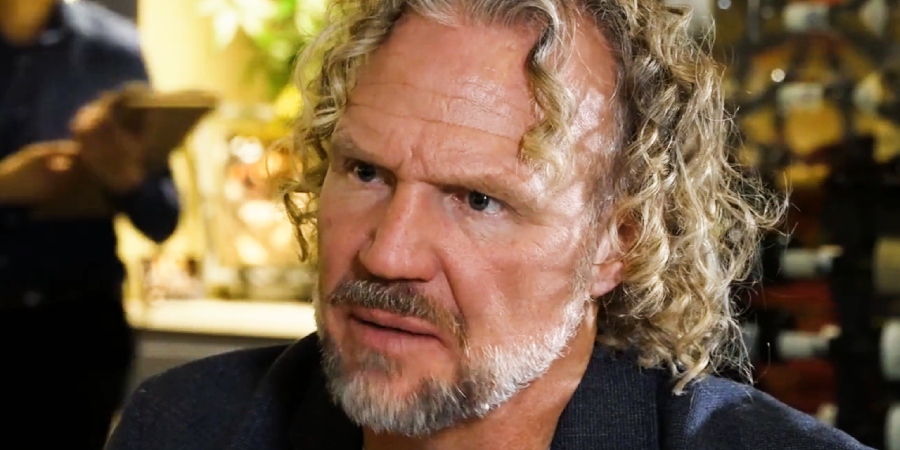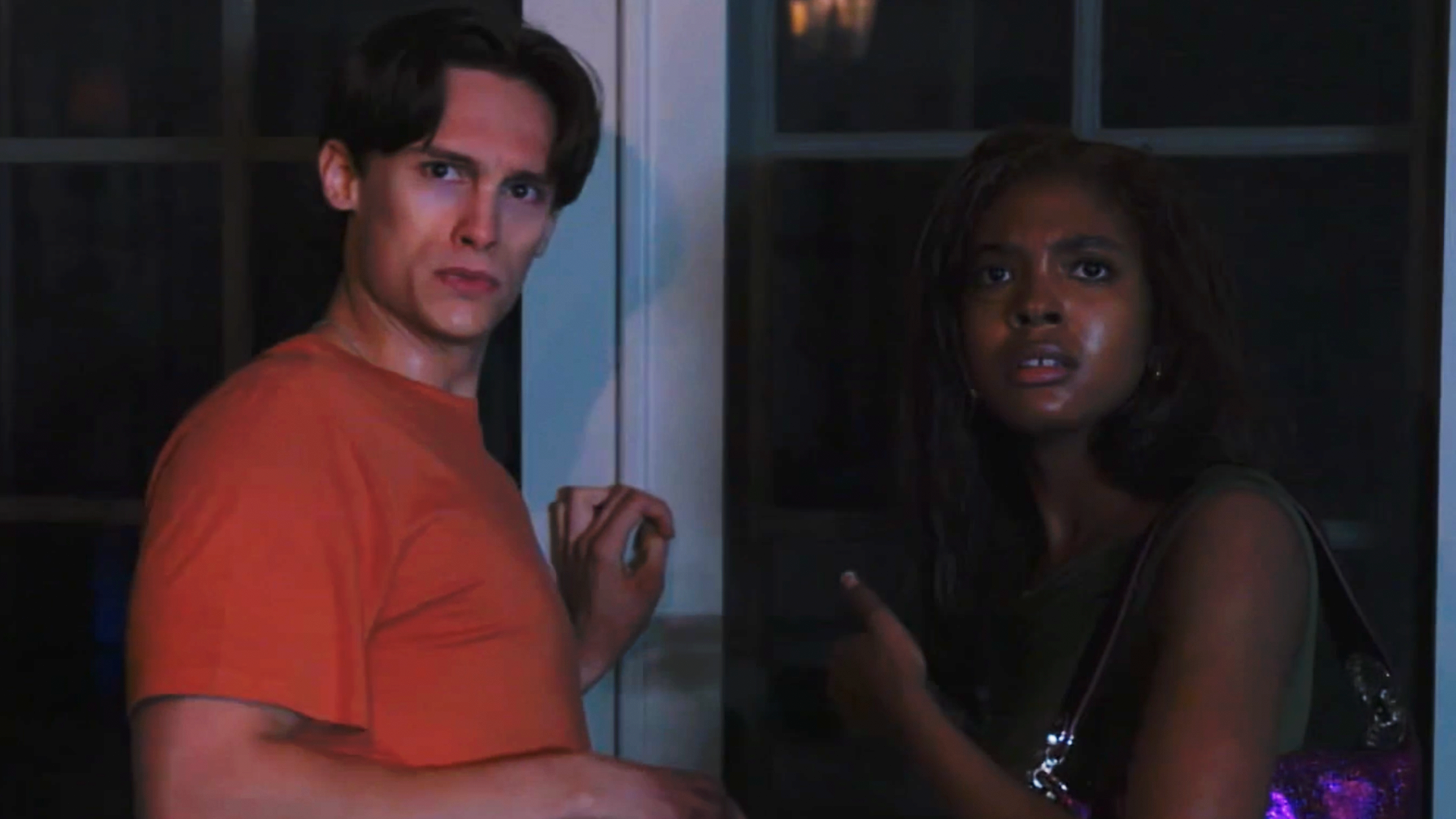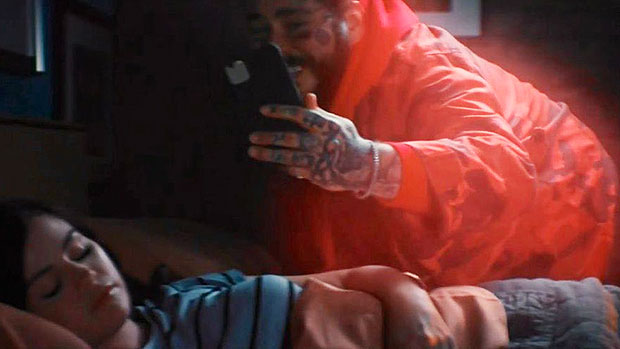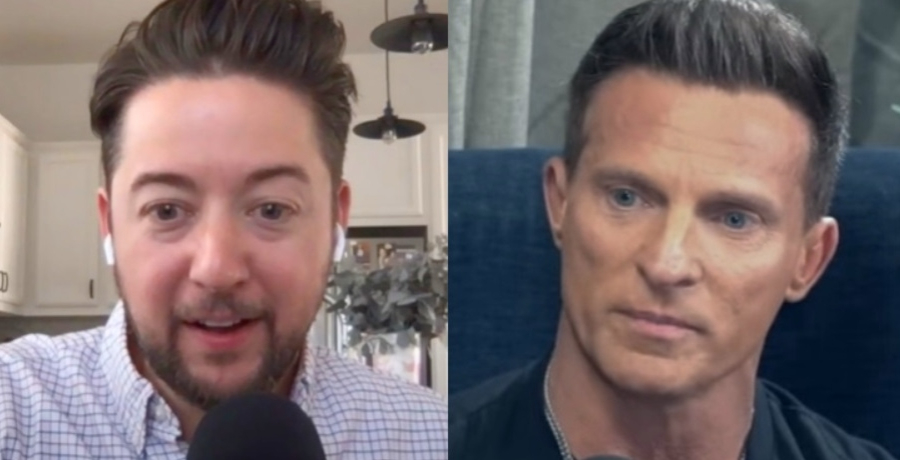Cannes 2023: Glazer’s Unsettling Holocaust Film ‘The Zone of Interest’
by Alex Billington
May 19, 2023
We all know the Holocaust is an atrocity and there have already been hundreds of films made about it. The only other recent film to offer something new and different was the Cannes 2015 feature Son of Saul, which ended up winning the Oscar after premiering at the festival. After years of working on his project, British director Jonathan Glazer brings his latest film to Cannes – The Zone of Interest. It is another Holocaust film, very clearly that and not much else, telling a profoundly unsettling and hard-to-watch story about a German family living right next to a concentration camp. It is overpowering in its clarity and simplicity as a film – never showing any of the atrocities happening at the camp, focusing solely on this German family and nothing more. It is the cinematic epitome of the iconic phrase “the banality of evil,” originally coined by writer Hannah Arendt after her investigations into the Holocaust and Nuremberg trial. It boldly eschews the caricature-esque depiction of Nazis and reminds us the truth about how casual they were being despicable.
The Zone of Interest is the fourth feature film by filmmaker Jonathan Glazer, following Sexy Beast, Birth, and Under the Skin previously. It’s adapted from Martin Amis’ novel, though really more “inspired by” than fully adapted. The title doesn’t mean too much either, as far as I can tell. Glazer spent years developing and researching the project in Poland. The film is set at the infamous concentration camp known as Auschwitz, in the town of Oświęcim in Poland, and it was actually filmed there a few years ago. The story is about the family of Rudolf Höss, played by Christian Friedel, the camp commandant at Auschwitz. Sandra Hüller stars as his wife Hedwig Höss, who is the head of the household. The whole point of the film is to show us the casual, well off life of this family, complete with a flourishing garden and a pool just outside of the walls of the camp. We can hear screams and the endless churn of the ovens in the background as they live their life as if none of this is happening just behind them. It is a disquieting, stomach-churning reminder that this is often how horrendous acts of evil are carried out humanity – by normal people simply living normal lives.
There is absolutely no doubt that this is masterful filmmaking. Regardless of one’s own opinion of the film, to set up and pull off this kind of meticulous Holocaust cinema is already an irrefutably incredible feat. Even in the hours since the screening ended, discussing it with friends and colleagues, we’ve all noticed additional details and nuances worked into every aspect of the performances and storytelling. Do the kids understand what’s going on? Why is this character doing this, and what does that shot mean? The unsettling tension of Auschwitz in the background is almost unbearable, and other critics have already been saying that they emerged from the screening literally sick to their stomach. Much like Son of Saul, everything happens in the peripheral. There is always smoke from trains arriving with Jewish prisoners, as well as smoke from the crematoriums visible in the sky. The awards-worthy sound design to craft the noise from the people and the camp is utterly harrowing. Everyone knows there is something horrible going on, yet we watch as they smile and play and enjoy their glorious lives as hard-working Germans. This ultimately is the lesson of the film.
On one hand, I’m a bit critical of The Zone of Interest because I don’t think it offers up anything new to say about the Holocaust that we don’t already know. On the other hand, there is an extremely subtle aspect to it reminding us that this kind of evil and these kind of people are still out there today – in Russia, in Syria, in North Korea, etc. While there is nothing in the film to give us a sense of how to not let this kind of atrocity repeat again, it absolutely is a horrifying reminder that it can easily happen again. And perhaps, yes, it is time we finally get a much more accurate picture of what Nazis were actually like. They don’t look like the Nazis we know from Indiana Jones or Captain America. They’re people like the Hösses, Germans with a family and a dog, living the good life while running a camp. My only other concern is: will anyone actually pay for a ticket to go see a film as bleak and as horrifying as this? Only cinephiles will be able to stomach it. The film seems to only have a place in history classes, shown alongside Schindler’s List and Son of Saul to show us the truth about the Holocaust. It’s exceptional filmmaking nonetheless, no matter where it’s shown.
Alex’s Cannes 2023 Rating: 8 out of 10
Follow Alex on Twitter – @firstshowing / Or Letterboxd – @firstshowing









